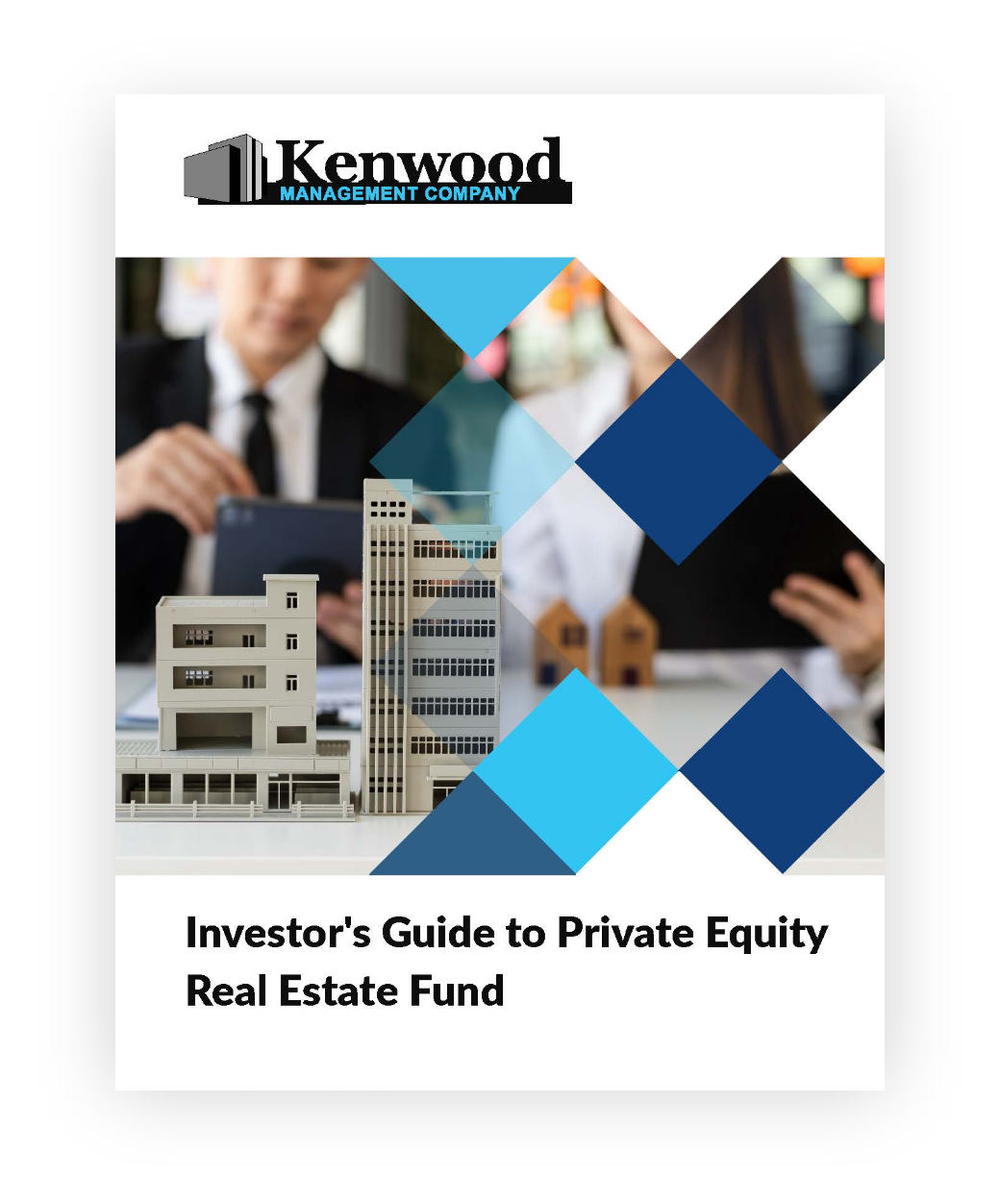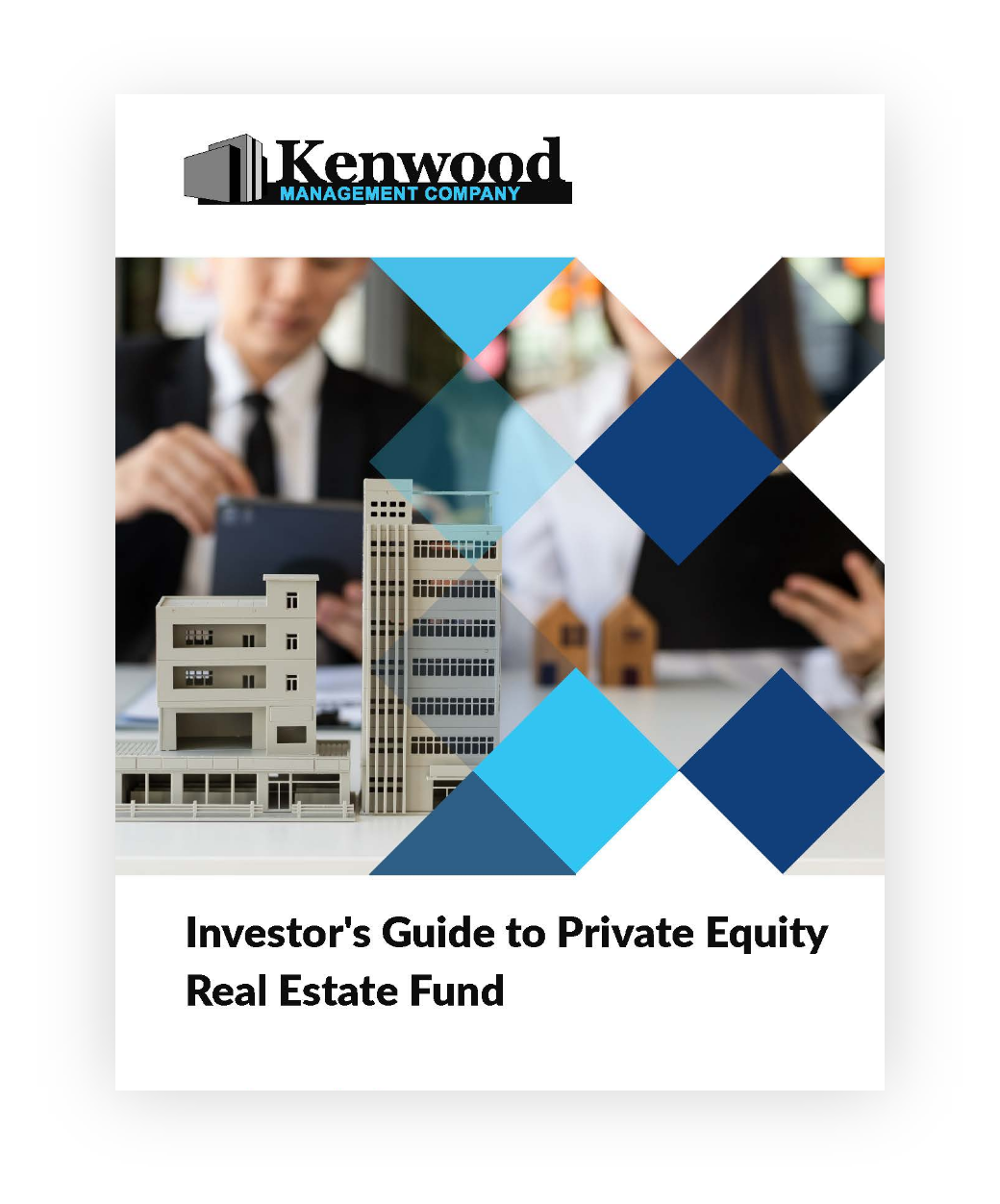Why Private Equity in Real Estate?

With all its diversity, real estate offers significant potential for private equity investments. Private equity, when invested strategically in real estate, can yield high returns. It also provides an excellent opportunity to diversify your investment portfolio, which can help mitigate risk.
With private equity, you can gain ownership in prime properties that are traditionally beyond your reach. Investors can reap several benefits while navigating potential risks when venturing into private equity real estate.
Benefits for Investors
- Higher Returns: Private equity real estate funds typically offer higher returns than traditional investment avenues, making it a lucrative option for investors seeking substantial profit margins.
- Diversification: Diversifying your investment portfolio is a crucial strategy to mitigate risk. Investing in private equity real estate introduces a different asset class to your portfolio, reducing the potential impact of volatility in other markets.
- Professional Management: With private equity, investors can access professional fund managers with vast experience and a deep understanding of the real estate market. They take on the responsibility of acquiring, managing, and disposing of property, allowing you to reap the benefits without getting involved in the day-to-day aspects of property management.
Risks and Challenges
Despite these benefits, investors should also be aware of the risks and challenges of private equity real estate.
- Liquidity: Private equity real estate investments are generally long-term and cannot be quickly liquidated. Investors must be willing and able to commit their capital for extended periods.
- Market Sensitivity: Like all investments, Private equity real estate is subject to market risks. Changes in property values, interest rates, and economic conditions can impact the returns from these investments.
- Regulatory Considerations: Private equity real estate funds are subject to various regulatory bodies, and regulation changes can affect fund performance. Investors need to stay updated with regulatory changes and their impacts.
In light of these factors, private equity in real estate can be a sound investment strategy when navigated judiciously. It is wise to perform comprehensive due diligence and seek advice from trusted professionals before venturing into this field.






